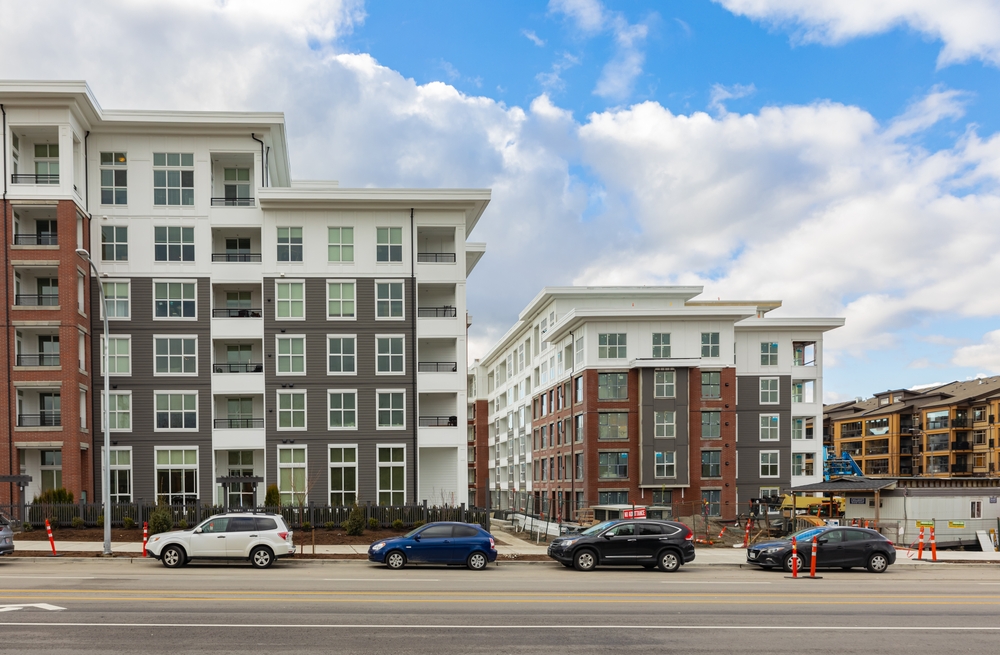THREAD: 3 years ago today, Trump issued his controversial travel ban on Muslim-majority countries. Here's how it has impacted the U.S. #TravelBan #Immigration #MuslimBanTurns3
politico.com/news/2020/01/2…
politico.com/news/2020/01/2…
The travel ban has divided the U.S. and prevented many U.S. citizens from getting to see their friends and loved ones from “banned” countries.
forbes.com/sites/stuartan…
forbes.com/sites/stuartan…
The travel ban promotes a system of values that keeps foreign students out of American universities, reports @karinfischer. #highered
chronicle.com/article/In-Uph…
chronicle.com/article/In-Uph…
@karinfischer American colleges rely on talented students from abroad to fill graduate programs, particularly in the sciences. But in 2017, for the first time in a decade, international student enrollment was down.
Not only does this affect foreign students, it impacts U.S. universities and students who stand to benefit from funding and enrollment from diverse, promising students from across the world.
As @NAFSA has noted, the 1M international students that attend U.S. universities yield an estimated economic impact of $36.9 billion and support 450,000 U.S. jobs. acenet.edu/News-Room/Page…
The travel ban is also holding U.S. medical and scientific fields back by keeping talent out of our country. As @sarareardon wrote in @sciam, Iranian scientists felt the effects of the ban immediately after it was implemented. scientificamerican.com/article/how-th…
Perhaps the most directly impacted field is that of medicine. Nearly a quarter of practicing physicians in the U.S. are graduates of foreign medical schools. huffpost.com/entry/opinion-…?
Iran, Syria, Libya, Somalia, Sudan, and Yemen — six of the seven countries originally banned — account for more than 7,000 physicians practicing in the United States. niskanencenter.org/trumps-travel-…
And the clincher: Doctors from banned countries are more likely to practice in areas experiencing physician shortages, notes @SamPeak. 

After the travel ban was implemented in 2017, the U.S. saw a drop in residency applications to medical schools. And there was another drop in 2018, after the 2nd iteration of the ban. nrmp.org/wp-content/upl…
Despite these negative consequences of the ban, the #TrumpAdministration is considering a ban on 7 new countries (most of them African). politico.com/news/2020/01/2…
Yes, we have to keep America safe. But it’s telling that dozens of national security experts have come out against the travel ban. #NationalSecurity npr.org/2018/04/24/604…
Here’s the simple fact: banning people based solely on their country goes against our American principles. It’s an overly-simplistic approach to national security. And it comes at a massive cost to our culture, economy, and industries. #AmericaFirst
• • •
Missing some Tweet in this thread? You can try to
force a refresh












